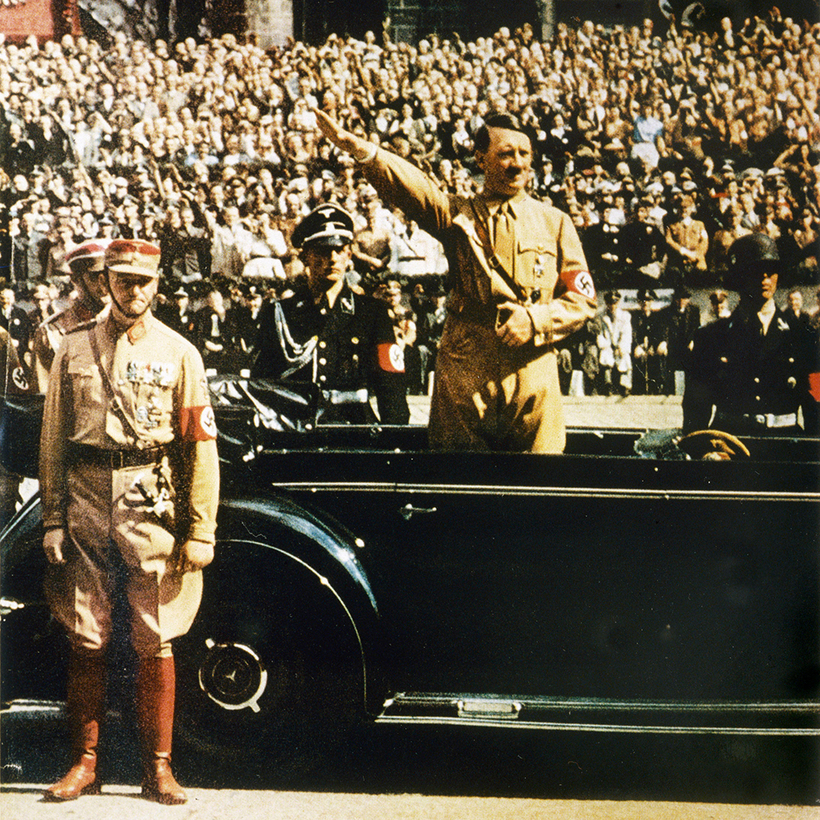Hitler: Downfall, 1939–1945 by Volker Ullrich, translated by Jefferson Chase
Who makes history? Great men or the masses; the individual or the collective?
This fundamental question underlies any study of Adolf Hitler and the Third Reich. According to the 19th-century Swiss historian Jacob Burckhardt, “History loves to condense itself into one person whom the world obeys.” As dictator of Germany between 1933 and 1945, Hitler was able to launch a bid for global supremacy, which led to both the worst conflict and the most heinous crimes in history. Hitler’s responsibility for initiating the Second World War and the Holocaust is overwhelming. Yet hundreds of thousands of others—men and women who, under different circumstances, might have led quite blameless lives—also contributed to the atrocities of the decade.


